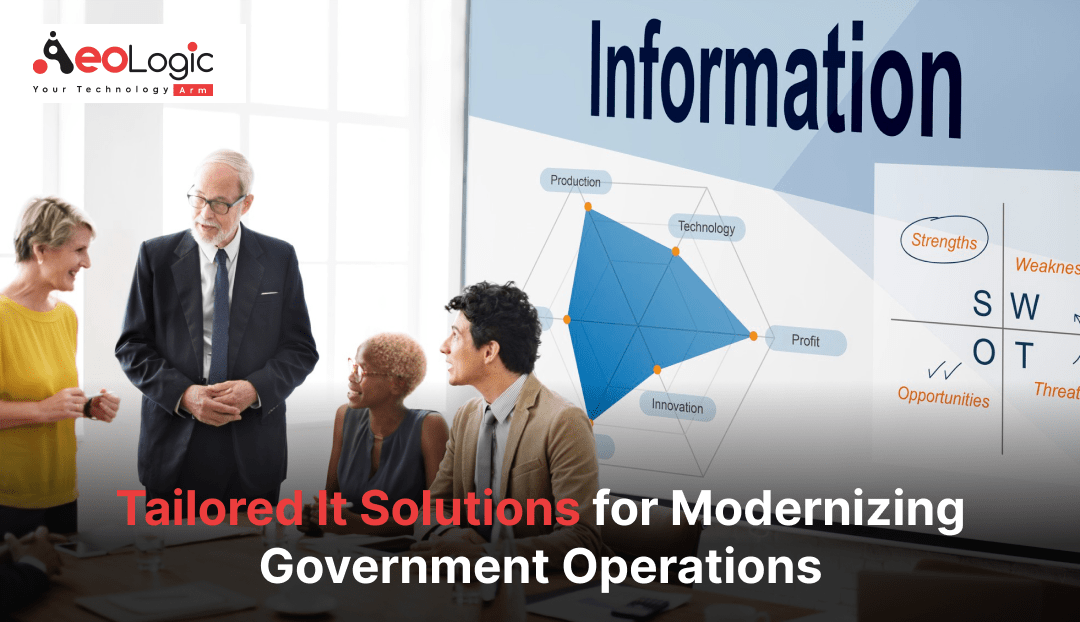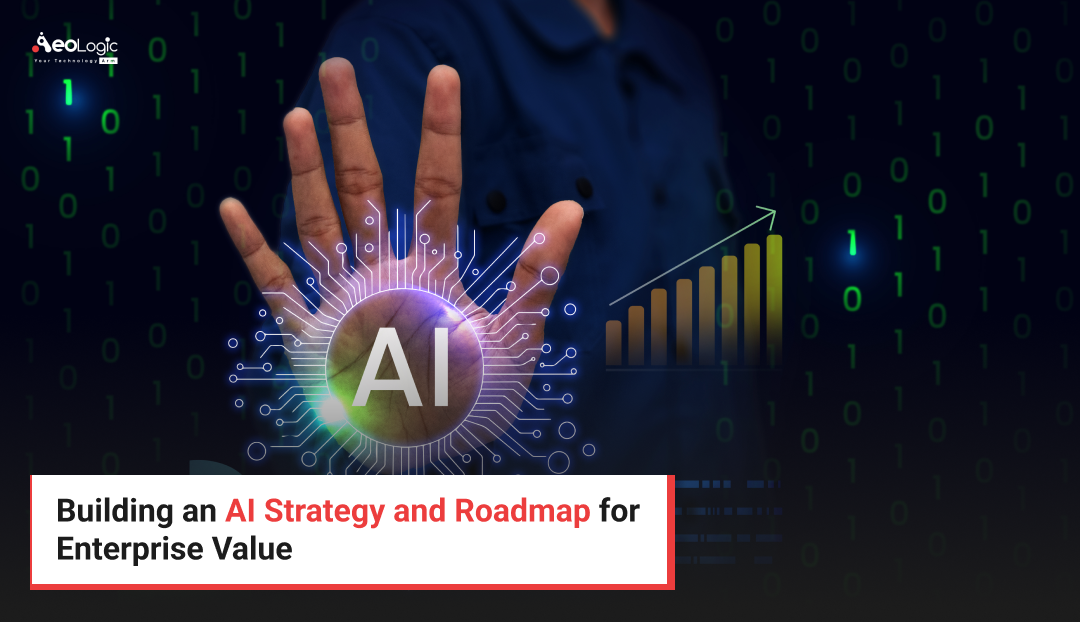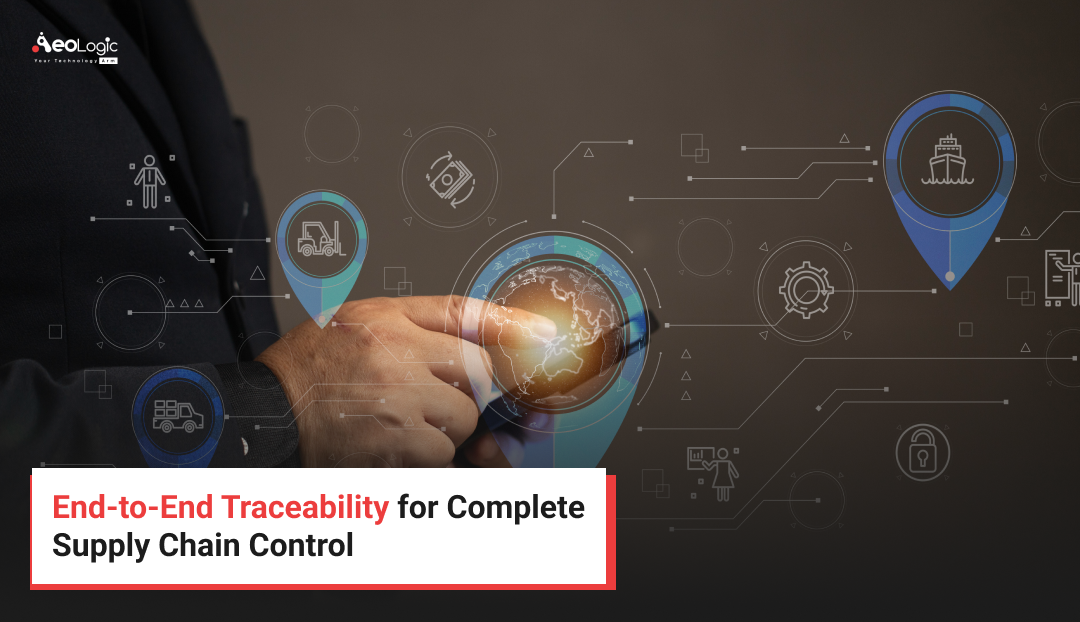In the rapidly evolving landscape of technology, governments worldwide are under immense pressure to modernize their operations to meet the demands of an increasingly digital society. The quest for efficiency, transparency, and citizen-centric services has led to the adoption of tailored IT solutions for government operations, which are transforming the way governments function.
This blog explores how customized IT solutions are revolutionizing government operations, enhancing service delivery, and addressing the unique challenges faced by public sector organizations.
Also read: Exploring Innovative IT Solutions for Secure Transaction
The Need for Tailored IT Solutions for Government Operations
Traditional government operations often involve outdated processes, legacy systems, and bureaucratic inefficiencies. These can lead to slow service delivery, increased costs, and a lack of transparency. Modernizing these operations is crucial for several reasons:
- Improved Efficiency: Streamlined processes and automated systems can significantly reduce the time and resources required to complete tasks.
- Enhanced Transparency: Modern IT solutions can provide real-time access to data and decision-making processes, fostering greater transparency and accountability.
- Better Citizen Services: Customized solutions can help deliver more user-friendly and responsive services to citizens, improving their overall experience.
Understanding Tailored IT Solutions
Tailored IT solutions for government operations are designed to meet the specific needs and challenges of an organization, rather than adopting off-the-shelf software that may not align perfectly with its requirements. For governments, this means developing systems that address unique operational needs, regulatory requirements, and public service goals.
Key Components of Tailored IT Solutions:
Custom Software Development: Developing bespoke software that fits the exact needs of government departments, including specialized functionalities and integrations with existing systems. Check out custom application development solutions.
Data Analytics and Business Intelligence: Leveraging data to gain insights into operations, track performance, and make informed decisions. Tailored big data analytics tools can help identify trends, predict future needs, and optimize resource allocation.
Cloud Solutions: Implementing cloud-based platforms to offer scalable, flexible, and cost-effective infrastructure. Cloud solutions can facilitate collaboration, data storage, and accessibility from various locations.
Cybersecurity: Ensuring that government data and systems are secure from cyber threats through customized security measures and protocols. Tailored IT solutions can include advanced encryption, intrusion detection systems, and regular security audits.
Citizen Engagement Platforms: Developing platforms that improve communication between government agencies and citizens, such as mobile apps, online portals, and social media channels.
Benefits of Tailored IT Solutions
Enhanced Operational Efficiency
Tailored IT solutions for government operations streamline government processes by automating routine tasks, reducing manual intervention, and minimizing errors. For example, custom-built case management systems can automate the processing of applications and approvals, leading to faster turnaround times and reduced administrative burden.
Improved Data Management
Custom solutions can integrate disparate data sources, providing a unified view of information. This integration supports better decision-making by offering accurate and timely data. Advanced data analytics tools can help identify patterns and trends, facilitating strategic planning and policy development.
Increased Transparency and Accountability
Customized IT solutions can provide real-time tracking of transactions and processes, enhancing transparency. Citizens can access information on government operations, services, and expenditures, fostering trust and accountability.
Enhanced Citizen Experience
Tailored solutions can improve the quality of interactions between government agencies and citizens. For example, personalized portals and mobile apps can offer easy access to services, status updates, and information. This user-centric approach ensures that government services are more accessible and responsive.
Scalability and Flexibility
Custom IT solutions can be designed to scale with the growth of government operations. Whether it’s handling increased data volume, supporting additional users, or integrating new functionalities, tailored solutions can adapt to changing needs.
Challenges and Considerations
While tailored IT solutions for government operations offer numerous benefits, their implementation comes with challenges:
Cost and Budget Constraints: Developing and deploying custom solutions can be expensive. Governments must carefully assess the return on investment and ensure that the benefits outweigh the costs.
Change Management: Introducing new technologies requires careful planning and training. Government employees must be equipped to handle new systems, and change management strategies should address potential resistance.
Data Privacy and Security: Protecting sensitive data is paramount. Governments must implement robust security measures and comply with data protection regulations to safeguard citizen information.
Integration with Legacy Systems: Many government agencies still rely on legacy systems. Integrating new solutions with these existing systems can be complex and may require additional resources.
Future Trends in Government IT Modernization
As governments continue to embrace digital transformation, several emerging trends are likely to shape the future of IT solutions in the public sector:
Artificial Intelligence and Machine Learning: AI and machine learning technologies can enhance decision-making processes by analyzing vast amounts of data and providing predictive insights. Governments can use these technologies to improve public services, optimize resource allocation, and identify emerging trends.
Blockchain Technology: Blockchain offers a secure and transparent way to handle transactions and data. Its potential applications in government include enhancing the security of voting systems, improving supply chain transparency, and streamlining bureaucratic processes.
Internet of Things (IoT): IoT devices can provide real-time data on various aspects of public infrastructure, such as transportation systems, environmental conditions, and public safety. This data can help governments make informed decisions and respond quickly to emerging issues.
Robotic Process Automation (RPA): RPA can automate repetitive tasks and processes, such as data entry and document processing. This technology can reduce operational costs, minimize errors, and free up employees to focus on more strategic tasks.
Digital Identity Solutions: Secure and convenient digital identity systems can simplify access to government services, reduce fraud, and enhance user experience. These solutions can also facilitate seamless interactions between citizens and government agencies.
Also read: Tailored IT Support and Managed Services for Startups
Conclusion
Tailored IT solutions are instrumental in modernizing government operations, enhancing efficiency, transparency, and citizen engagement. By addressing specific needs and challenges, these solutions enable governments to deliver better services and adapt to the digital age. While there are challenges to overcome, the benefits of modernization far outweigh the obstacles. As technology continues to advance, governments that embrace tailored IT solutions will be better positioned to meet the evolving needs of their citizens and create a more effective and responsive public sector.






